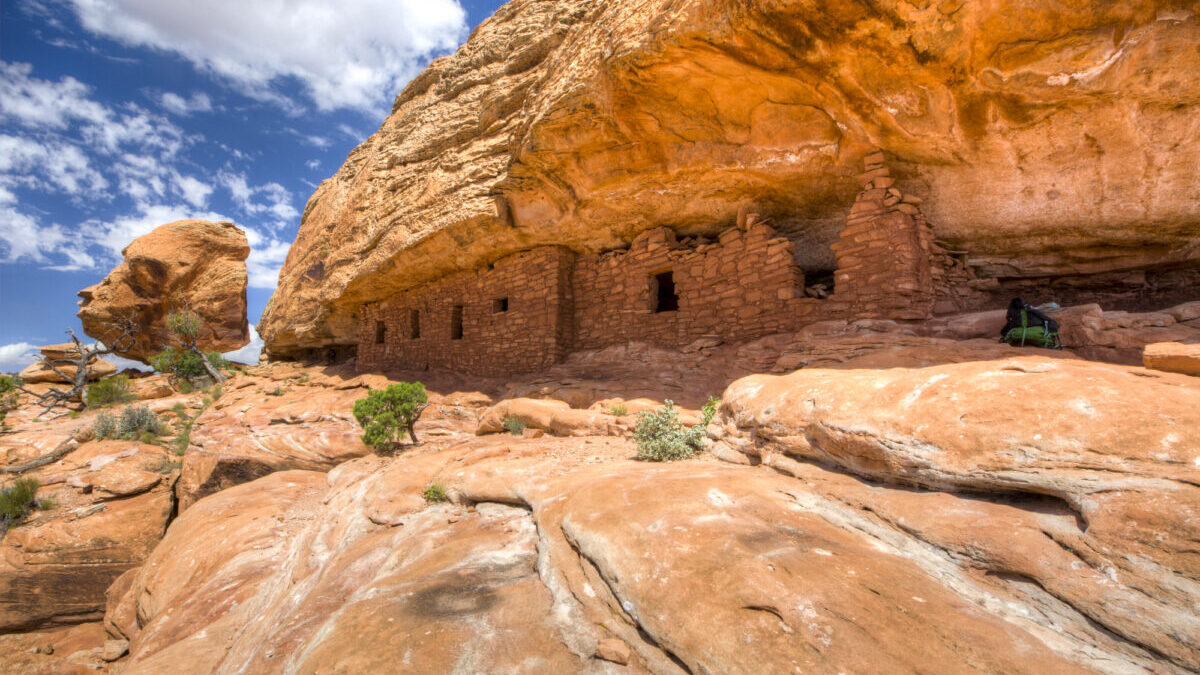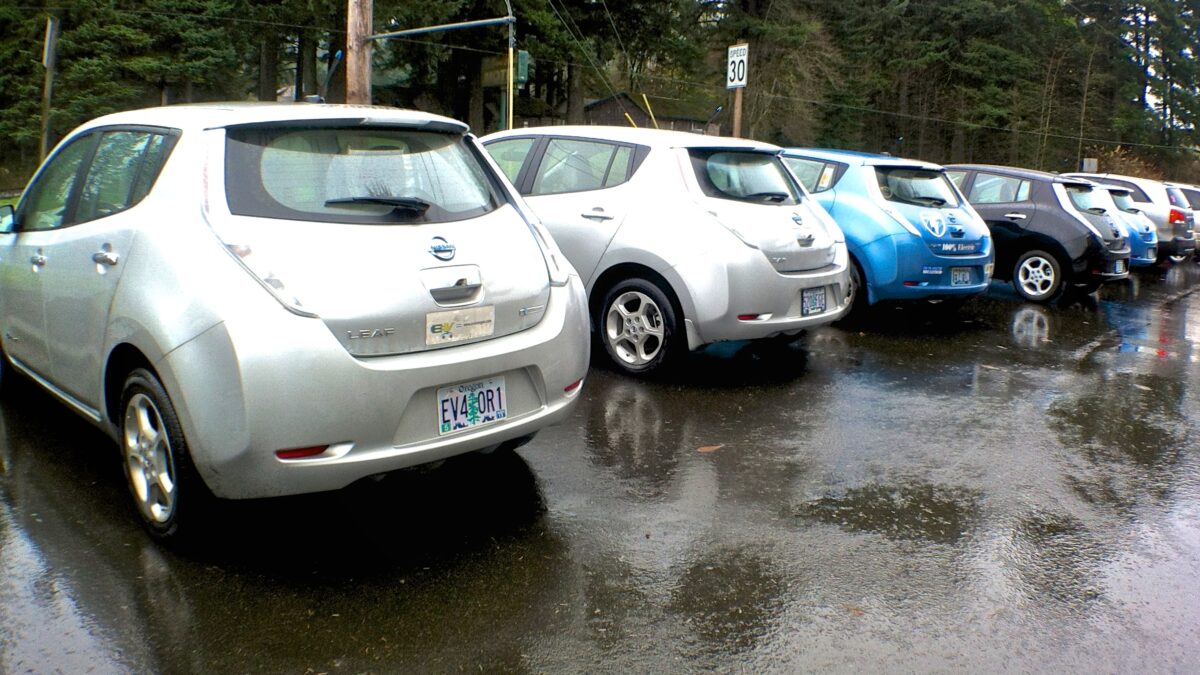DENVER — A group of major outdoor retailers pledged to continue their boycott of Utah Monday after the state’s Republican leadership attempted to bring back a major trade show following a five-year hiatus.
Outdoor Retailer, North America’s largest trade show in the industry, was moved from Salt Lake City to Denver, Colo., in 2017 as a form of corporate protest against President Donald Trump’s decision to reinstate lands in south Utah to proper agency ownership at GOP state lawmakers’ request. President Barack Obama had previously exploited the Antiquities Act to illegally create quasi-national parks at Bears Ears and Grand Staircase-Escalante National Monuments.
The biannual trade show that historically brought Salt Lake City 50,000 visitors and $45 million in revenue is reportedly weighing a move back to Utah once its contract expires in Denver, with its last Colorado event this summer, according to the Associated Press. Other options on the list include Anaheim, Calif., Houston, Las Vegas, and Orlando, Fla.
More than two dozen outdoor recreation companies, however, including Patagonia, REI, and North Face, promised in an open letter sponsored by The Conservation Alliance representing another 270 companies to collectively boycott the show if it moves back to Utah.
“Our position on the location of the Outdoor Retailer trade show remains clear and unchanged: The show belongs in a state whose top officials value and seek to protect public lands,” said Patagonia CEO Ryan Gellert, whose company led the initial protest in 2017.
While the corporate activism is ostensibly dedicated to the protection of public lands, the premise of the revolt has far more to do with politics than environmental stewardship.
The original boycott that provoked the trade show’s move to Colorado took aim at land policy that did far more to protect the Utah monuments than did prior administrations weaponizing a 1906 law to paint a false perception of protection.
When Trump trimmed the boundaries of the two monuments expanded under Obama, the Republican administration did so to comply with the Antiquities Act mandate to protect relics using “the smallest area compatible” while also enhancing opportunities for adequate maintenance and visitation. The area at Bears Ears alone reinstated under Obama-era protections by President Joe Biden larger than neighboring Zion and Bryce Canyon combined. Biden also restored the wide-ranging monument boundaries at Grand Staircase.
The magnifying glass placed on the pair of monuments by Obama also drew in spectators to sites not equipped to sustainably handle the influx of visits.
“What they intended to protect they ended up drawing in thousands of people and doing more resource damage in the process,” Casey Hammond, a former Interior official in the Trump administration who coordinated management following boundary reduction told The Federalist. “After Obama and allies made Bears Ears into a target, we had to find ways to accommodate the amount of people and keep them from damaging more resources.”
Contrary to popular belief waved by Patagonia and North Face to virtue signal, monumental status fails to afford public lands already legally protected with the locked-up designation environmentalists tend to paint. They merely make it more difficult to cultivate responsible stewardship with barriers to infrastructure for proper visitation.
Monument status, for example, cannot stop the development of a mine if the rights already exist. Hammond told The Federalist that while in the process of monument reduction, “exactly zero extractive industry reached out” with any interest to develop. If they did, especially at this point, they’d face prohibitive obstacles from opposition and regulation.
Considering the retail industry’s incentives for residents to “Opt Outside,” it’s odd the corporate retailers are especially opposed to the restoration of Utah lands to management and oversight to proper agencies better able to enhance opportunities for outdoor recreation. The politics, however, have blinded far-left activists from acknowledging that policy makers with an “R” next to their names could do anything to responsibly benefit the environment. Legacy outlets responsible for cultivating the tribalist mindset have even said that much.
Retailers such as North Face, though, love to capitalize on the virtue signal:









